
Thus, the process of cultivating a healthy thriving garden can be a very rewarding process. But, fighting against pests is one of the quests that any gardener has to complete sooner or later. But instead of using poisonous chemicals, you might wonder about using the organic and perfectly safe ways of removing pests from your plants. In this very article, you will find how to protect your garden from pests using environmentally friendly methods.
Why Choose Natural Pest Control?
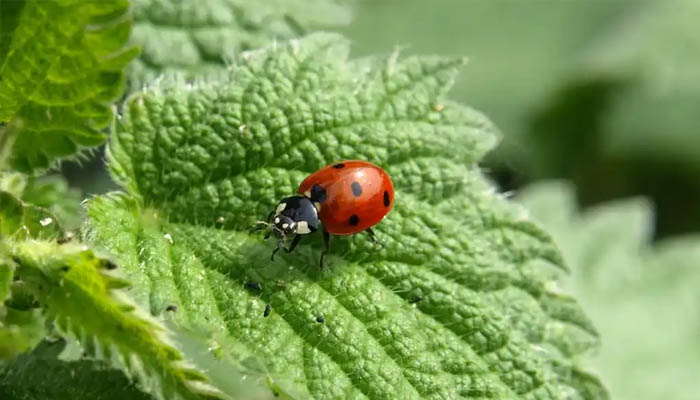
Chemical pesticides as efficient as they may be can provide temporary relief, with the following disadvantages: They can act negatively on beneficial insects, soil and present health risks such as those that may affect humans as well as pets. In contrast, the natural pest control techniques are directed at controlling pests in an environmental friendly approach by establishing an equilibrium in the garden. Alongside this, these methods are helpful in preserving plants and at the same time, contributing to the conservation of the earth’s biodiversity and the natural environment.
Know Your Pests
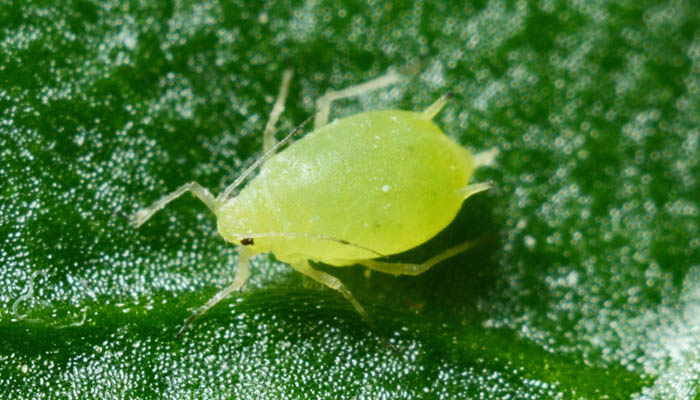
The first procedure of pest management is the identification of the pests in the specific area to be managed. Some pests also perform different activities at different times of the year so one needs to know the type of pest one is dealing with. Common garden pests include:
- Aphids:
Plant-sucking insects that cause distortion of plant organs, and are small and soft-bodied.
- Caterpillars:
These larvae feed on the leaves of plants and if not controlled, they are capable of stripping the plants bare.
- Slugs and Snails:
These pests act at night and they bite holes in the leaves, stems and fruits.
- Whiteflies:
Insects that are as small as moths and which can cause the yellowing of leaves and stunted growth.
All these are natural controls that will help in removing the pests, once you have identified the pest you want to get rid of, you can go for the natural control that will be most efficient.
Encourage Beneficial Insects
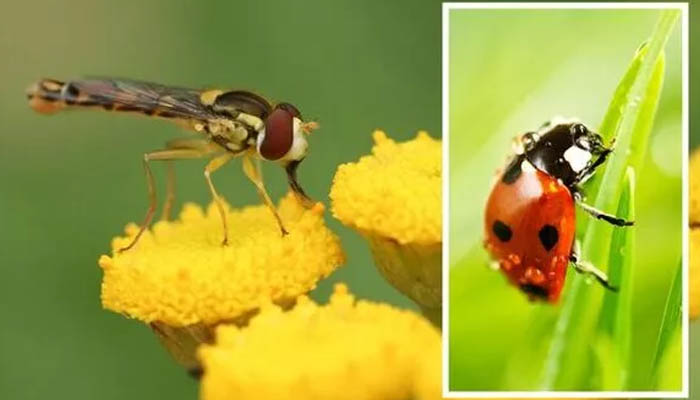
Contrary to most people’s perception, not all insects are detrimental to your garden, there are in fact friendly ones. Natural enemies include ladybugs, lace-wings or predatory beetles which the common pests such as aphids and caterpillars. Here’s how to attract them:
- Plant Diversity:
When used in combinations of flowers, herbs and vegetables they can and will attract all those wonderful bugs.
- Avoid Pesticides:
Unfortunately, even the organic pesticides will pose some harm to beneficial insects hence should only be used sparingly.
- Provide Shelter:
Build homes for good bugs in your garden by leaving specific portions of your garden natural or by building insect boxes.
Companion Planting
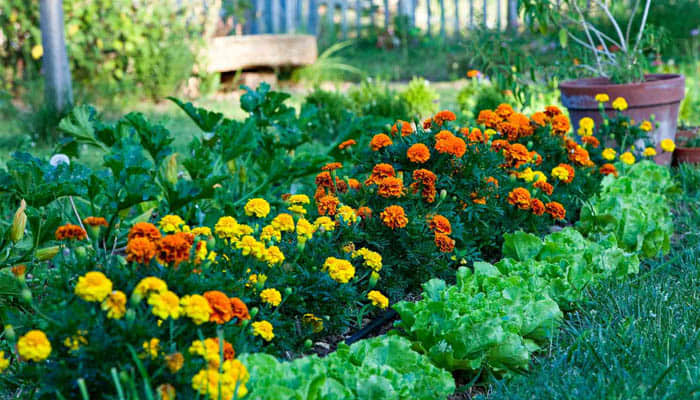
Crop companioning, also known as intercropping, entails the growing of two or more plants in the same field with the belief that the growth of the two would be felt mutually. There exist plants that can effectively perform pest control; thus, they should be grown alongside your vegetables and flowers. Here are a few examples:
- Marigolds:
Tomato and pepper-eating nematodes and aphids, however, should not be planted close to marigolds.
- Basil:
This herb repels mosquitoes and flies and goes well, in seasoning tomatoes.
- Lavender:
Besides having an aroma that has been attributed to having a calming effect, lavender acts also as a natural insect repellant, particularly the moths, fleas and flies.
Use Natural Repellents
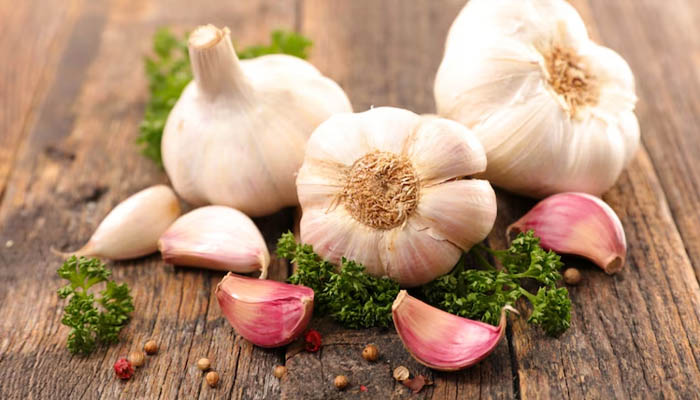
It is therefore advisable that one uses natural methods for pest repellent since they help in the loss of pests without affecting the health of the plants or the environment. Some of the most popular natural repellents include:
- Neem Oil:
This is a special oil derived from the neem tree; it arrests the development of many pests in as much as they cannot feed and multiply.
- Garlic Spray:
Neem is another natural organic pest control which can be prepared easily by mixing garlic, water and soap which will protect your plants from aphids, beetles and caterpillars.
- Diatomaceous Earth:
It is a fine powder, derived from fossilized algae, which insects find uncomfortable to crawl on and can be applied to garden surroundings to discourage slugs, snails and other crawling form pests.
Practice Crop Rotation
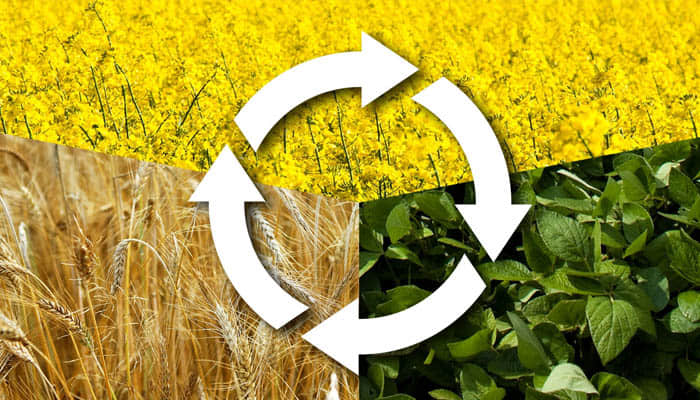
Crop rotation means changing the position of their plants from one season to the other. It plays a useful role in keeping pests away from the soil, so that they do not set up home there. Some pests spend the winter in the soil and, therefore, by growing crops in turns, their life cycles are affected, and infestation is controlled.
For instance, if you cultivated tomatoes last year, do not cultivate tomatoes again on the same soil in the following year. Rather, change the crop to be grown in the garden to beans or carrots so as to deceive the pests.
Keep Your Garden Clean
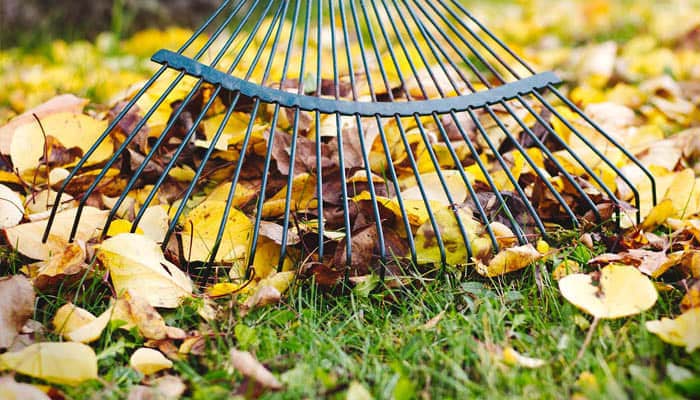
A clean garden is not as appealing to pest and other small creatures. Prune fallen leaves, overripe fruits or any garden waste that accumulates because they attract pests and diseases. Also, consider:
- Regular Weeding:
Some of the unwanted plants contain the ability to attract pests and also grow to become a source of nutrients that compete with the plants you want to grow.
- Proper Watering:
One disadvantage of overwatering is that it encourages the development of slugs, snails and the formation of fungal diseases.
Conclusion
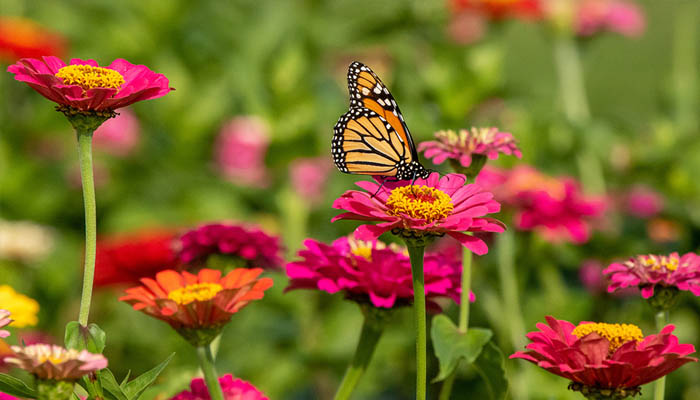
There is no need to use toxic substances on your garden in order to guard it from pests. Thus, knowing the natural techniques can help you have a good, lively garden that grows in a friendly environment with nature. Some of the effective environmentally friendly methods that you can use in order to control pests include; attracting good insects, companion planting and crop rotation which will definitely make your garden pest-free and one that you will be proud of.
